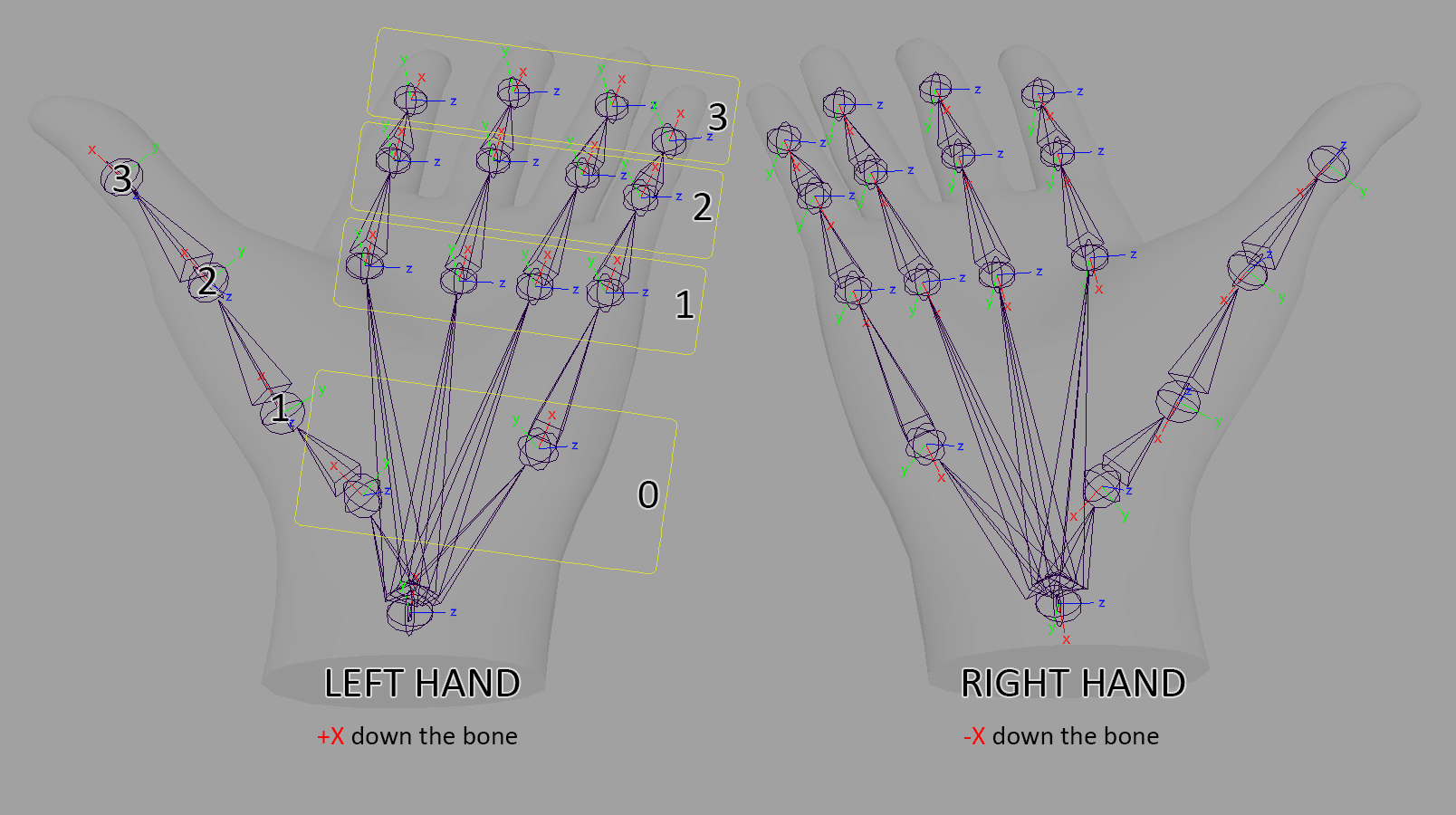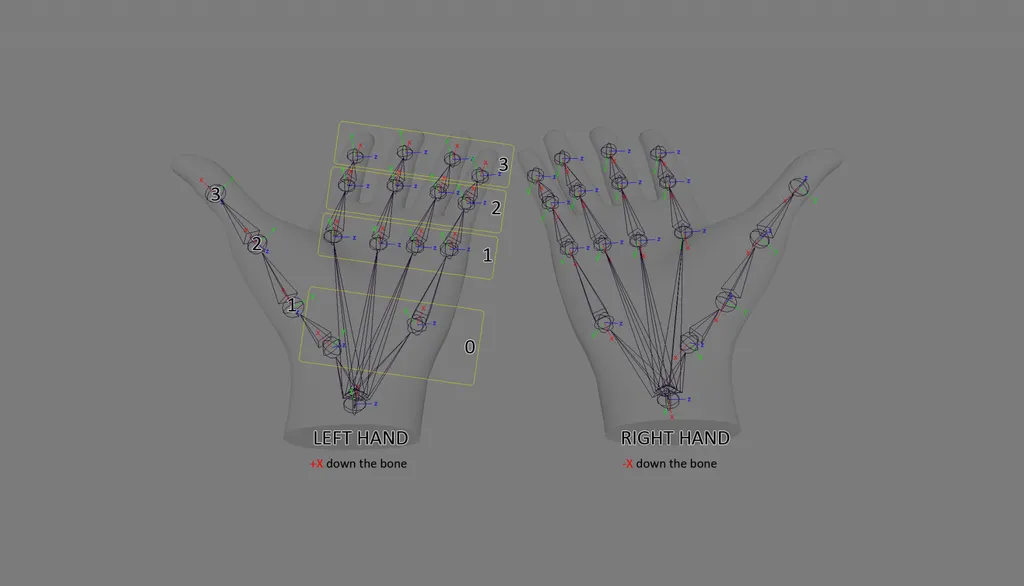The SDK for controller-free Hand Tracking on Oculus Quest is now available, allowing developers to start integrating the feature into their apps.
Controller-free hand tracking for Quest was first announced in September at Oculus Connect 6, and shipped last week as an experimental feature. It uses the four cameras on the Oculus Quest and advanced computer vision algorithms, powered by machine learning, to track your hands and fingers.
SDK stands for Software Development Kit. Simplified, this means the code and resources needed by developers in order to add the feature. The SDK not being released yet was why only first party apps currently support the feature.
If you’re a developer wondering about the specifics: the Oculus Mobile SDK now has an API to return a skeletal model or full mesh for the user’s hands, along with a confidence value. With the Oculus Unity Integration you can integrate the feature with a simple prefab. Both the native API and Unity API have calls for detecting pinching and returning the location the user’s pinch is pointing at.

Don’t expect to see Quest store apps updating over the next few weeks, however. Facebook told us to expect the first third-party app updates in early 2020. But integrating a new kind of input often takes weeks or months anyway, depending on the app.
There’s a chance, however, we may Quest apps with Hand Tracking available on SideQuest, the unofficial third party store for Quest which works by automating sideloading.
Interestingly, the SDK documentation warns developers about the privacy implications of having access to user hand data:
Data Usage Disclaimer: Enabling support for Hand tracking grants your app access to certain user data, such as the user’s estimated hand size and hand pose data. This data is only permitted to be used for enabling hand tracking within your app and is expressly forbidden for any other purpose.
As VR advances, it will be able to track more and more uniquely identifiable biometric data. The SDK documentation mentions that to use Hand Tracking the developer has to declare it as a permission in the manifest, which may mean that Facebook intends to give the user an option to accept the permission for each app.
Controller-free Hand Tracking promises to increase the convenience of non-gaming VR and open it up to new audiences uncomfortable or unfamiliar with gaming controllers. Now that the SDK is released, we know of at least five apps which will start working on adding the feature, but there will almost certainly be more.
What apps do you hope add support for Hand Tracking next year? Let us know in the comments below!


























